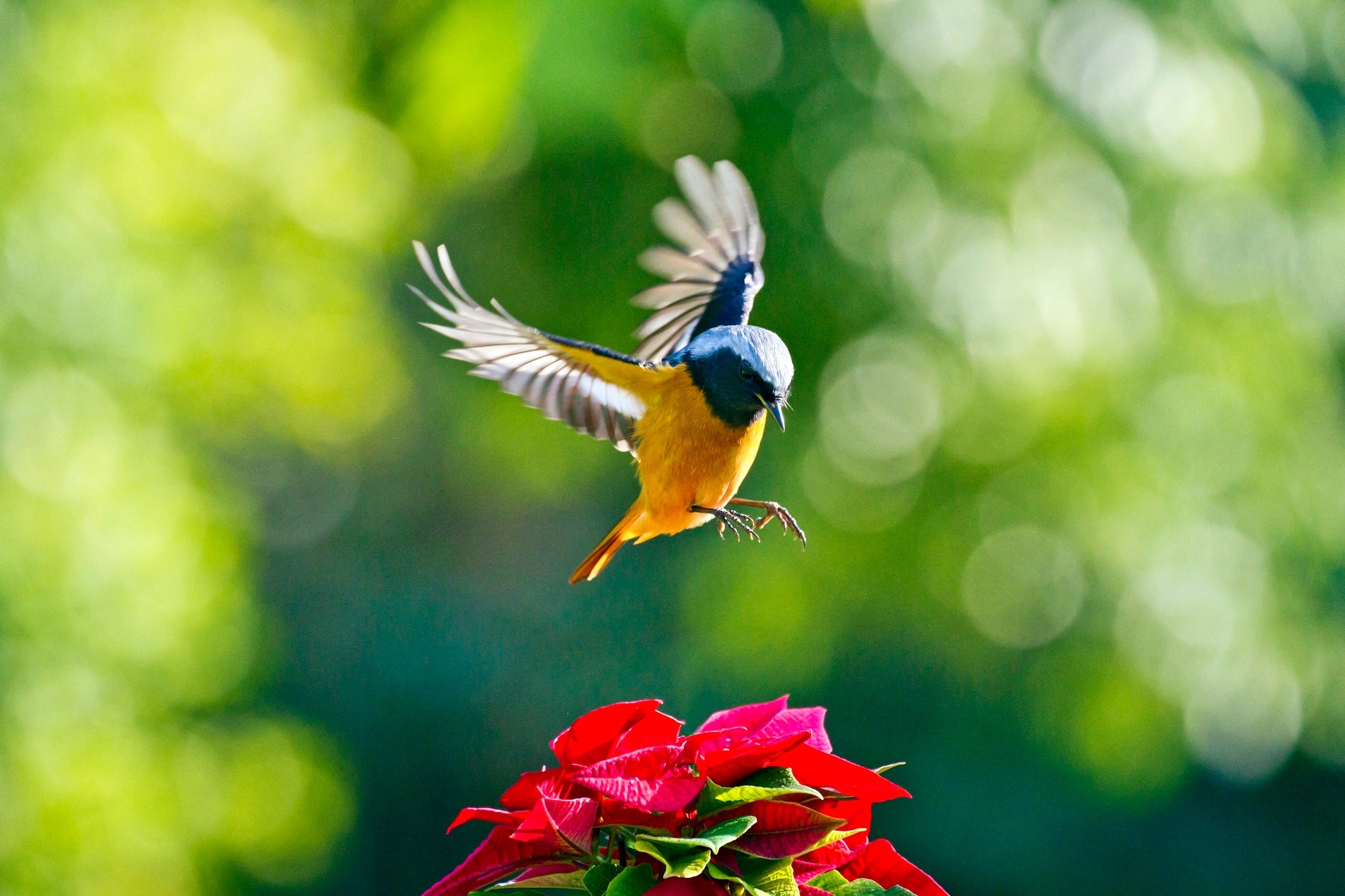
Why Wild Birds Need You to Buy Organic Food
The North American Bird Conservation Initiative’s 2016 report concludes that over a third (37%) of the 1,154 wild bird species native to Canada, the continental United States, and Mexico, are in urgent need of help, and another 49% are in need of some help if they are to maintain healthy population. Birds that live near the ocean and in tropical forests are in the most trouble, followed by those that live in coastal areas, grasslands, and arid regions.
n
The North American Bird Conservation Initiative’s 2016 report concludes that over a third (37%) of the 1,154 wild bird species native to Canada, the continental United States, and Mexico, are in urgent need of help, and another 49% are in need of some help if they are to maintain healthy population. Birds that live near the ocean and in tropical forests are in the most trouble, followed by those that live in coastal areas, grasslands, and arid regions.
Some of the major factors contributing to declines in native bird populations include:
- Loss of habitat (for food, water sources, nesting sites, and, most importantly, lots and lots of insects to feed baby birds with, as 96% of non-fishing bird species feed their hatchlings a diet of insects).
- Habitat fragmentation (as lots of small potential habitat bits don’t always add up to a usable space).
- Non-native landscaping (because native insects will often only lay their eggs on specific native plants).
- Pesticides (which can reduce insect population, kill off soil critters such as earthworms, and poison birds directly).
How Buying Organic Food Helps Birds
One might imagine that organic farming (and buying organic foods and beverages to support organic farmers) is a great way to help birds. Organic farmers maintain hedgerows of native plants that provide nesting sites and shelter, and plant swaths of nectar-rich flowering plants designed to support healthy insect populations. They never plant GMO crops that produce insect-killing compounds, they never use man-made broad spectrum insecticides, and they only use targeted organic insecticides as a last resort. Study after study has shown organic farms support more birds than conventional farms do:- A 2016 Japanese study compared the number of breeding birds and bird species present on organic and conventional farms in Northern Japan, and they found that organic farms were host to more individual birds and to more species of bird than conventional farms were. The difference was more pronounced in birds that ate just insects and those that ate a mixed diet including insects.
- A study of farms in seven areas across six countries (France, Germany, the Netherlands, Poland, Spain and Sweden) published in 2010 reported that the greatest number of birds and species were present on organic farms, especially in regions where most land was devoted to agriculture. Organic farms provided sanctuaries amid a sea of unfriendly conventional farms.
- Interested in exactly why organic farms were home to more birds? A 2009 study led by British researchers concluded that lower levels of pesticide use and larger areas of uncropped land on the farm were the 2 primary reasons.
- A review of previously published studies released in 2005 found that organic farms had significantly more kinds of birds, predatory insects, soil organisms, and plants than conventional farms did (interestingly, though, organic farms did not have more kinds of non-predatory insects and pests than conventional farms did).
And The Birds Give Back!
Birds are more than just nice to have around, especially for farmers. Oregon Tilth reports that birds have been shown to help farmers run sustainable operations by keeping insects at non-harmful levels and reducing the need for expensive insecticide applications. They even help work crop residues into the surface of the soil while scratching and foraging on the ground, allowing the soil-dwelling creatures to break them down more rapidly. This reduces tilling costs and improves soil structure and organic matter content. Whether you are a casual birdwatcher, an avid birder, or just someone who likes to hear a birdsong every now and then, you have one more great reason to buy organic food, beverages, and fibers. Do it for the birds!Would you like to be the first to hear about our new products and more? Sign up for our Nature’s Path Newsletter.

